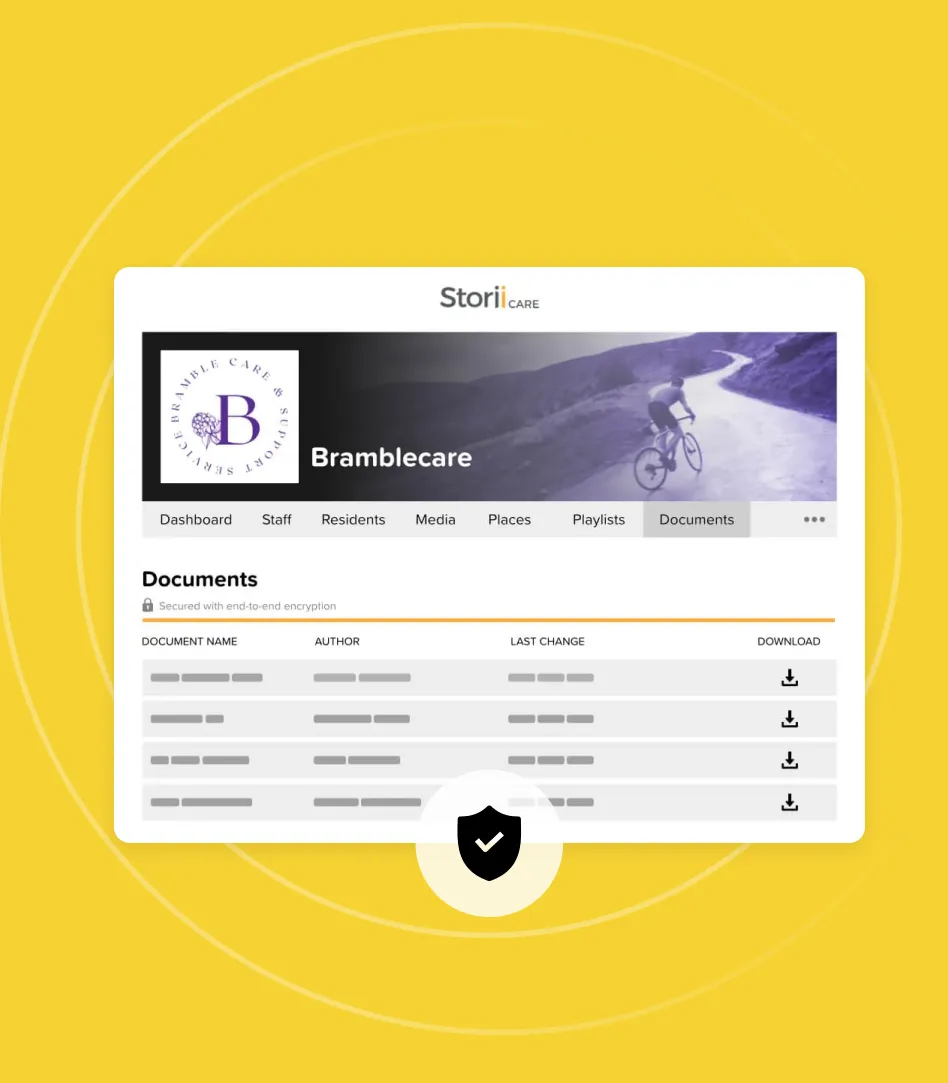Forming Relationships in Senior Care
Relationship - noun -
the way in which two or more people or things are connected, or the state of being connected
In care settings there are strict rulings about not forming “inappropriate” relationships with residents or relatives, however, this focus on only the negative side of relationship building should have an equally important flip side argument. Good, strong relationships between caregivers, care recipients and their loved ones should be a huge focus for all who work in a care setting. Whether it’s caring for adults, children or animals, trust is required from those who essentially give you the “power” to look after their loved one.
However, trust only comes with strong relationships. If good relationships are built, it not only gives relatives confidence in the care received but also eases guilt. Guilt is one of the most debilitating problems for those with a loved one in care. Being made to feel like they are part of the "care team” allows them to retain the “advocate” position they hold for their loved one. Being comfortable enough with caregivers to ask questions helps not only the relative but also the caregivers themselves. The sharing of information between caregivers and relatives helps caregivers/nurses/activities staff have a clearer picture of residents' pasts and how it may inadvertently affect their behaviours now. It also in turn helps the person in care as when people understand dementia better they are able to accept behaviours and understand their loved one “as they are now” rather than expecting them to be “as they were before”. This means that their relationship with their loved one is one of understanding and support rather than one of pain, confusion and unhappiness. With this basic understanding of dementia that can exist where open and honest conversations are had, staff ability to explain situations as they arise is improved.
Thinking in a business sense, building stronger relationships can lead to producing fewer complaints, and if issues do arise, these are far more likely to be directed to you to resolve rather than taken over your head and potentially establishing a poor reputation.As workers in the care industry, staff are pillars of knowledge and support for relatives. Experienced caregivers understand various issues whether it’s information about dementia, relationships, funding, social work, power of attorney, housing issues, or basic knowledge about how care homes operate. Care workers can provide a wealth of helpful and supportive information in times of much stress and worry.
StoriiCare is an amazing platform that can help build good relationships, as it gives relatives an insight into the day to day lives of their loved ones in care. Information, activities and photographs in real time show that care homes are not only providing their residents with basic care but also facilitating an enriched, purposeful life where their physical, social and emotional needs are being considered and met wherever possible. To see an image of your loved one’s smile can ease a world of worry and create a feeling of peace and acceptance of the way things need to be in order to provide the best care possible for someone with dementia. StoriiCare allows relatives to share in the day to day joy experienced by their loved one in care and remind them that despite their dementia diagnosis, they retain the ability to enjoy new moments and experiences. Knowing that staff who look after your loved ones love them too is easily the most sought-after feeling for relatives and friends.And for those forging a career in the care industry: your duty of care should be just that, to care. Care about those you look after, care about their families and care about making the whole process more positive for everyone.






.png)
.png)










